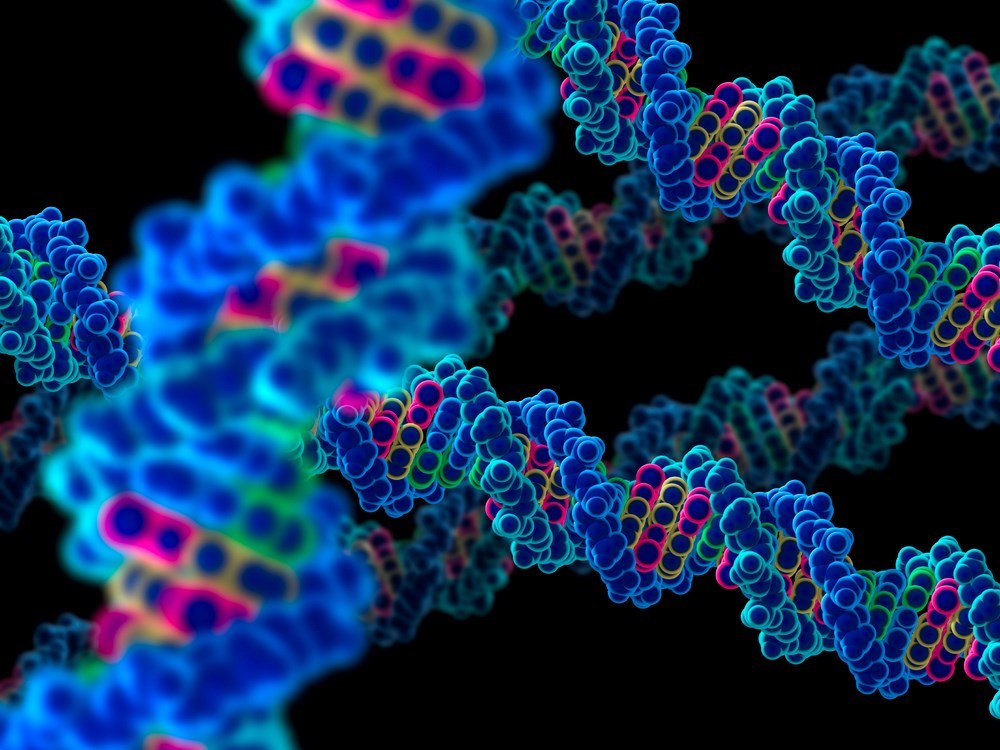New hope... Publishing the first complete map of the human genome
On Thursday, scientists published the first complete map of the human genome, completing the shortcomings in previous efforts, while offering new hope in the search for clues about mutations, disease-causing mutations and genetic diversity among the 7.9 billion people who inhabit the world.
In 2003 researchers unveiled what was then described as the complete sequence of the human genome. But about eight percent of them have not been fully decoded, mainly because they are made up of highly repetitive bits of DNA that are difficult to link to the rest.
And a group of scientists solved this in a paper published in the journal Science. The research was initially announced last year, before the formal peer review process.
"Finding the complete sequence of the human genome is truly an amazing scientific achievement, providing the first comprehensive view of our DNA profile," Eric Green, director of the National Institute for Human Genome Research of the US National Institutes of Health, said in a statement.
"This crucial information will advance the many efforts to understand all the functional nuances of the human genome, which in turn will enable genetic studies of human diseases," he added.



